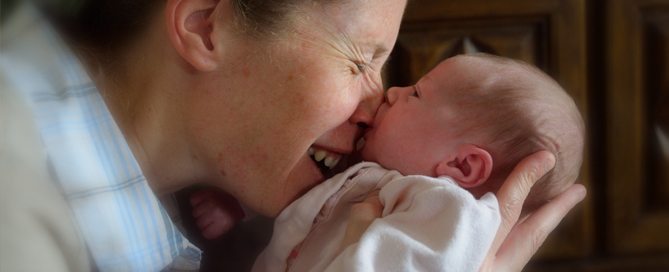Laetitia had her first seizure at 18 months. Complex partial epilepsy was confirmed when she was 3-years-old. School years were difficult and she was unable to obtain any diploma.
Drug resistance meant many medication changes and trials, with frequent break out seizures after a few months and varying side effects (fatigue, irritability, psychosis, hallucinations, to name but a few). A vagus nerve stimulator (VNS) was also tried, but this had a negative affect and had to be removed after 18 months, when Laetitia was 18-years-old.
She underwent evaluation tests to identify the most suitable training option, so that she could find her place in the working world. But always there were limitations that led to great discouragement: fear of what others would think
if she were to have a seizure; not being able to have a driving licence and fear of taking public transport because of the risk of having a seizure in public.
Others Misunderstanding her Epilepsy
Laetitia was subject to significant discrimination. She was considered slow or lazy (at school and at work) or even as being on drugs. It was difficult to fit into a team sport – the noise, heat, speed, all had an affect. Joining in a conversation was problematic; she didn’t always understand, or quickly grasp, what was being said. These feelings of exclusion have certainly helped to develop social phobia.
The disability of her epilepsy is invisible, except when she is having a seizure. Even friends and family do not always grasp the extent of the problems she faces and sometimes reproach her for her attitude or behavior. Marriage and, especially, the baby finally contributed to her social recognition – that she is the same as everyone else. It’s her epilepsy that is the difference.
There were some problems and issues to be faced before she was able to consider motherhood: medication changes six months prior to conceiving, not being able to breastfeed for longer than a one month wean period, unable to bathe the baby on her own, dependence on others for travel – which takes a bit of organization!
Hopes for the future? To find the right treatment, without side effects; not to be nervous around the baby – who understands everything that goes on; to train for a real job. It’s not a lot to ask.

